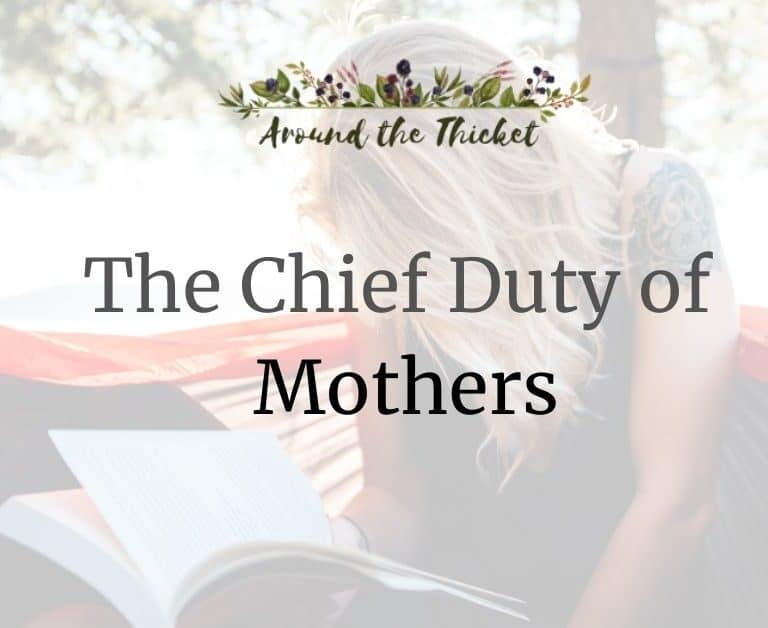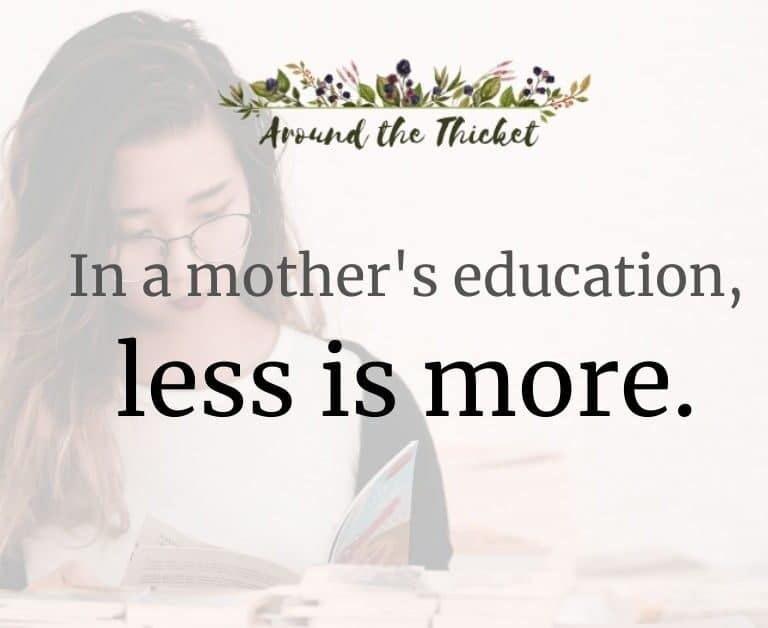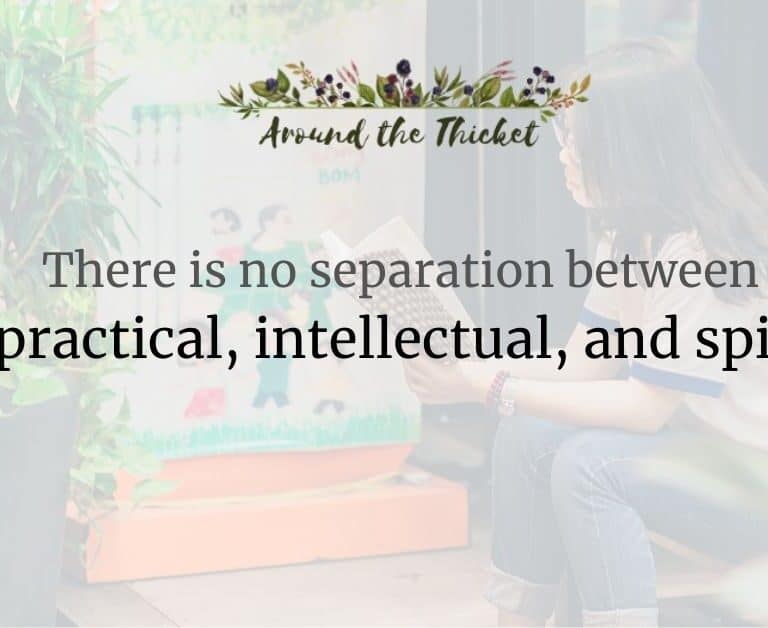Mothers need more than tips, tricks, and facts.
‘Mom, where are my socks?’
‘I can’t find my t-shirt.’
‘Where did my screwdriver go?’
‘Mommy, drink?’
I always thought my mom’s ability to know the location of every missing item in our house was a superpower. Now that I have my own husband and kids, I know that’s not quite right. It’s not a superpower as much as highly trained skill. Subconsciously, I note the items lying around the house. It’s almost as if my brain knows the information will be wanted, so it drops the little piece of knowledge into a large bag until it’s needed.
This mental sack is helpful. I’ve helped my family locate no end of toys, clothes, books, and tools. But it’s easy to start feeling like there isn’t much more to my mind than tidbits of random information – and that my value to my family lies in storing and recalling that which is directly useful to them.
A mother is more than her usefulness.
It’s easy to look at the kind of information I supply to my family and think, ‘What has happened? I have a bachelor’s degree, a masters,and yet, the only thing I’m asked to think about these days is where I last saw various objects around the house.
Our culture tells me that the time I spent studying at university was a waste. I don’t use it. I don’t have a job. Caregiving is not valued. Nearly all government systems and structures encourage both parents to work – because working means you are economically productive, and that is quantifiably valuable.
As I’ve written before, this cultural orientation impacts us subconsciously, every day. How often do we measure the success of a day in terms of how many items we ticked off our to-do list? Or bemoan a day because we “didn’t get anything done”?
We read and take in knowledge, but too often, we make it utilitarian. We read the parenting book to learn how to parent. Or we preread in order to be ready for lessons that week. If we read a novel, it feels like an indulgence. Rarely do we seek knowledge for its own sake, without a sense that we should be doing something ‘more valuable’ with our time.
But as Josef Pieper says clearly in Leisure, the Basis of Culture, people are more than workers. Our value does not lie in what we produce. If we only take in knowledge that is of practical use, we deny our full humanity.

A mother’s mind is a spiritual organism.
Charlotte Mason’s ninth principle is an objection to popular educational theories of the time. These theories objectified children and directly contradicted her foundational belief that children are born persons. She believed instead that children have living minds, ready and capable of feasting on knowledge.
This same idea allows us to object to the reduction of people, including ourselves as mothers, to ‘workers’ and the valuation of our knowledge in terms of ‘productivity’.
Mothers have living minds. This is a natural and logical consequence of our personhood. Because of this, we shouldn’t quantify the value of our knowledge in terms of its usefulness. We shouldn’t limit our pursuit of knowledge to that which is directly practical and applicable. Charlotte Mason’s ninth principle helps us understand why.
A mother’s mind has an appetite for all knowledge.
Charlotte Mason considered knowledge to have three areas: the knowledge of God, the knowledge of man, and the knowledge of the universe. We are born with an intrinsic hunger for each of these areas – without respect to their practical uses.
Knowledge is the proper diet for the mind.
That intrinsic hunger cannot be satisfied with just anything. Our minds need their proper food. That food is knowledge: our minds need to feast upon living ideas. That’s why education is a life.
Our minds are prepared to deal with knowledge.
Because mothers are persons, we were born with the ability to take in knowledge. We don’t need to be taught the mechanics of learning – although that can be interesting and helpful, just like a knowledge of the human body and nutrition is helpful. However, we neither need special training to digest our food, nor do we need qualifications to take in knowledge.
Mothers are able to assimilate knowledge.
When we take in a living idea, we are able to digest and assimilate it. We think and meditate over it. Sometimes we reject it. Other times, it hits home. We take it in, and it changes the course of our thinking and our actions. This happens as naturally as the body digests food and takes nutrition from it.
We don’t seek knowledge just because it is practical or helpful in one of our endeavors. It’s certainly not wrong to do that, and it may often be wise. But it’s not the bottom line. Ultimately, we need to seek knowledge for the simple reason that we mothers are human, and our minds need knowledge in order to fully live.









One Comment